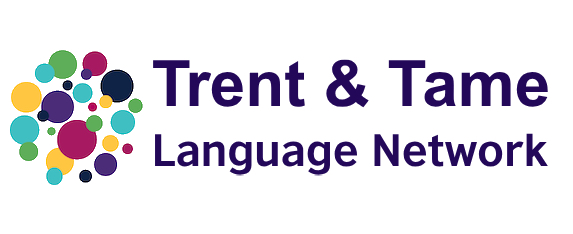Support your students to gain an additional qualification in their HHCL

As a teacher, you might be surprised how many students already have the skills to gain an additional GCSE qualification in a language they speak at home, often referred to as a Home or Heritage Community Language (HHCL). The process of identifying and preparing students for this qualification is relatively simple, and in this blog, we’ll walk you through how to make it happen.
Step 1. Identifying students who could gain an additional qualification
The first step in offering students the chance to earn a qualification in their HHCL is identifying who has the potential. There are two ways to do this:
It’s likely this information will already be collated somewhere in school as it’s often captured when a student first applies to join the school. Speak to your line manager or the school office manager to identify those students who have identified themselves as speaking a language other than English at home.
If this information is not readily available, you could also ask your language teachers to conduct a brief survey during one of their language lessons. In this survey, students could be asked to rate their level of proficiency in Speaking, Writing, Reading, and Listening in any languages they speak at home. It’s crucial to ensure that potential candidates can read and write in their home, heritage or community language as well as being able to understand and speak it. Both elements are needed to qualify for the exam.
Don’t forget to raise awareness of this opportunity! Use school newsletters, posters, and even assemblies to inform students and encourage those who might be interested to come forward.
Step 2. Which languages are offered by which exam board?
The two main boards in the UK that provide language GCSEs are AQA and Edexcel. AQA offers 10 languages, while Edexcel offers a wider range of 15 languages.
AQA
Edexcel
Each exam board has its own syllabus and assessment methods, so it’s essential to review each one to see which best suits the language(s) your students speak.
Cambridge also offers IGCSEs in the following Languages:
Arabic, Chinese, French, German, Hindi, Italian, Japanese, Latin, Malay, Portuguese, Spanish, Thai, Turkish, Urdu, Vietnamese
Step 3. How Can You Prepare Your Students for the Exam?
Once you’ve identified eligible students, it’s time to start preparing them for their GCSE exam in their home language. Here are some practical tips to help you support them:
Identify their level
Prior to entering your students for a HHCL exam, it’s useful to get them to sit a GCSE Foundation paper in the language for Reading and Writing. The challenge is often finding someone to mark it!
If your student achieves a grade 5, they should be given the opportunity to sit a higher-level paper. This also gives you the chance to identify any learning gaps that need to be addressed before they sit the actual GCSE exam.
Use Past Papers for Practice
Providing students with past GCSE papers is one of the most effective ways to familiarise them with the exam format. Encourage them to practise across all four components: Listening, Reading, Speaking, and Writing. The more exposure they have to the types of questions asked, the more confident they’ll feel on exam day.
Conduct Regular Assessments and Mock Exams
To keep track of their progress, it’s important to conduct regular assessments or mock exams. These will give you insight into how well students are doing and highlight any areas where they might need further support.
Get Parents Involved
Don’t underestimate the power of parental involvement! Ask parents to help by marking their child’s papers, identifying any gaps, and helping to reinforce key vocabulary. You can find lists of core vocabulary in the exam specification for each language.
Provide Learning Resources
Make sure your students have access to a range of learning resources. Textbooks are a great start, but don’t forget to point them towards online platforms that can help them practise vocabulary and grammar. Online platforms like Languagenut and Duolingo can be very helpful.
NCLE have also prepared some simple guides with examples of the types of questions students will find on the GCSE papers.
Encourage Speaking Practice
The Speaking component can be one of the trickiest parts of the exam. To help students build confidence, provide a bank of questions they might encounter and encourage them to practise speaking with classmates. If there are multiple students from the same language background, set up conversation groups to help them interact in the target language.
Create an Immersive Environment
Finally, encourage students to immerse themselves in the language outside of school. Watching films, dramas, or listening to radio programmes in their mother tongue is a fun and effective way to improve their listening skills and reinforce their learning in a natural context.
In Conclusion
Offering your students the opportunity to gain an additional GCSE qualification in a Home or Heritage Community Language is a fantastic way to recognise their linguistic abilities and celebrate the diversity within your school. By identifying eligible students, choosing the right exam board, and providing targeted preparation, you can help them succeed in the exam and boost their confidence in their own language skills.
Remember, the journey to fluency doesn’t stop at GCSE — it’s just the beginning!






